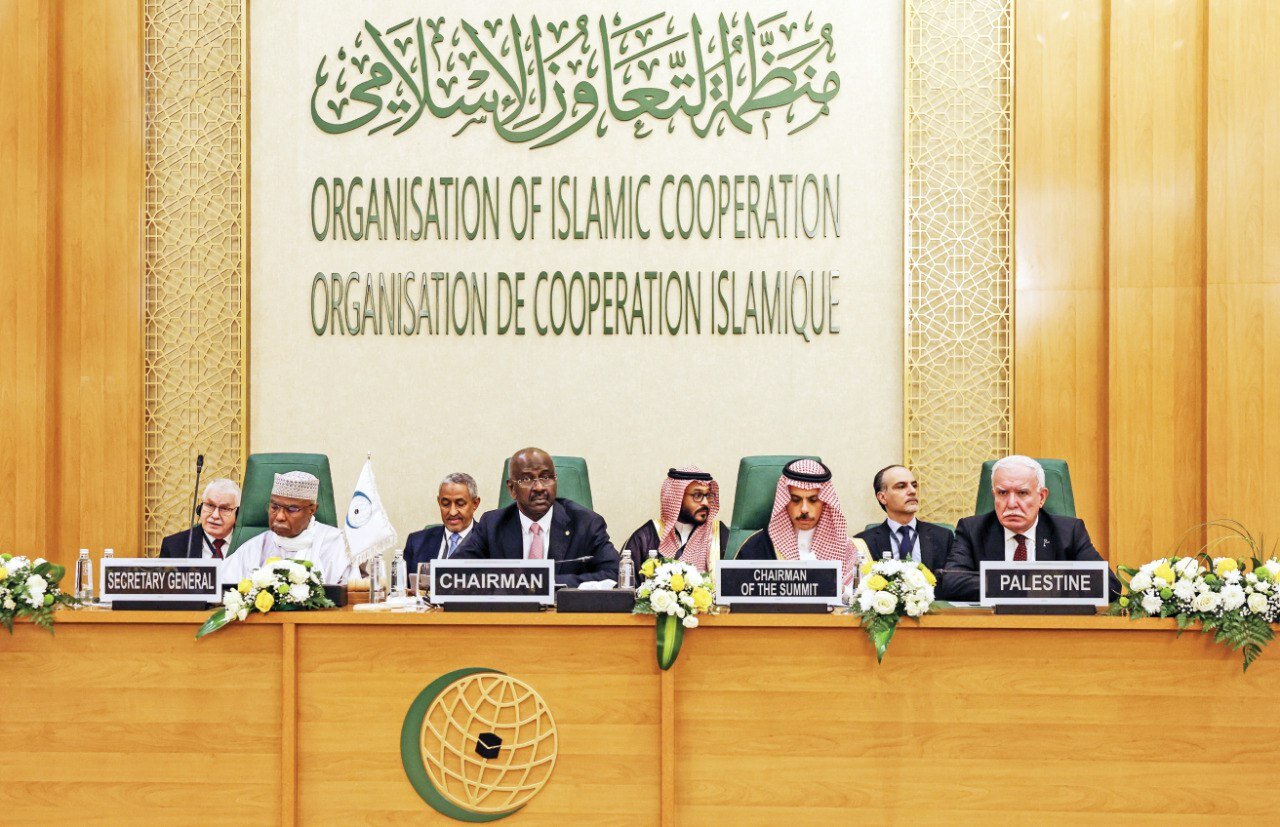Inaction kills
Israel is not losing any sleep after the second Muslim gathering since Oct. 7

TEHRAN - As Israel’s vainglorious patina of invincibility shattered on October 7, the Palestinian question was put back at the top of the agenda among Arab states that had already formed ties with the regime and were looking to further enhance them under the so-called Abraham Accords.
Muslim countries' first reaction to Israel’s deadly retaliation against Operation Al-Aqsa Storm was seen as paltry and unconstructive: Tens of leaders convened in Jeddah, Saudi Arabia in November to attend the Arab-Islamic summit. What came out of the meeting was a raft of strongly worded statements and some quixotic solutions. Iran’s call for a cessation of ties with Israel fell on deaf ears, as most Muslim states had misgivings about coming out of the aegis of Washington over the loss of human lives in Gaza.
The Organization of Islamic Cooperation and Arab League then embarked on a tour around Asia, Europe, and America to help assuage the unfolding crisis in Gaza. Several meetings were held with Chinese, Russian, and American officials, all of which did not bear any concrete outcomes that could be helpful to the Palestinians.
What happened behind the diplomatic stage was also ineffably lackluster. Saudi Arabia, seen as one of the major pillars in the Islamic world, bestrode attempts to keep Israel a potential future partner. Riyadh initially told the press that it would follow up with a normalization deal if the regime allowed the formation of a Palestinian state. That plan seemed to have been scuppered when Reuters later reported that the Kingdom was willing to accept a political commitment from Israel on the issue, rather than anything more binding.
Some shocking news also emerged on Muslim cooperation with the regime. “Ships coming from China and India unload containers in the ports of Bahrain and Dubai, and then the cargo is loaded onto Jordanian trucks and is transferred overland to Israel via the King Hussein border crossing with Jordan, where Israeli trucks await the goods,” reported the Times of Israel, explaining how Bahrain, the UAE, Saudi Arabia, and Jordan had come to the regime’s rescue amid Yemeni attacks on Israeli ships in the Red Sea.
The same went on in Turkey. Behind President Erdogan’s harsh rhetoric against Israel and his proclamations of being a ‘defender’ of Palestinians, military, diplomatic, and economic cooperation with the regime continued unscathed. In fact, a container ship named Turkon Istanbul is expected to soon reach the port of Haifa, after leaving Izmir on March 1.
After a long period of impotence and inaction, the world saw a glimpse of hope with the OIC announcing that it was holding an extraordinary meeting on the situation in Gaza. People began to wonder whether Muslim leaders had finally decided that enough was enough, and were looking to take concrete steps to help the Palestinians.
March 5th, however, seems to have gone down as yet another day of Muslim indifference towards the heart of Islam.
Iran’s Foreign Minister showed up in Jeddah to repeat his country’s demand for a halt in ties with Israel. “As we witness the inaction of the United Nations Security Council against Israeli crimes, it becomes urgent and necessary for Islamic countries to find practical solutions and to take more serious actions in support of the people of Palestine,” he said, only to face inaction for the umpteenth time.
As Muslim leaders struggle to muster up courage to pressure Israel, the regime continues to scourge and murder Palestinians. But the starving population in Gaza cannot wait for us to come to our senses. Once Israel decides that it's done with Gaza, lighting up candles might be all that will be left to do for Palestinians.
Leave a Comment